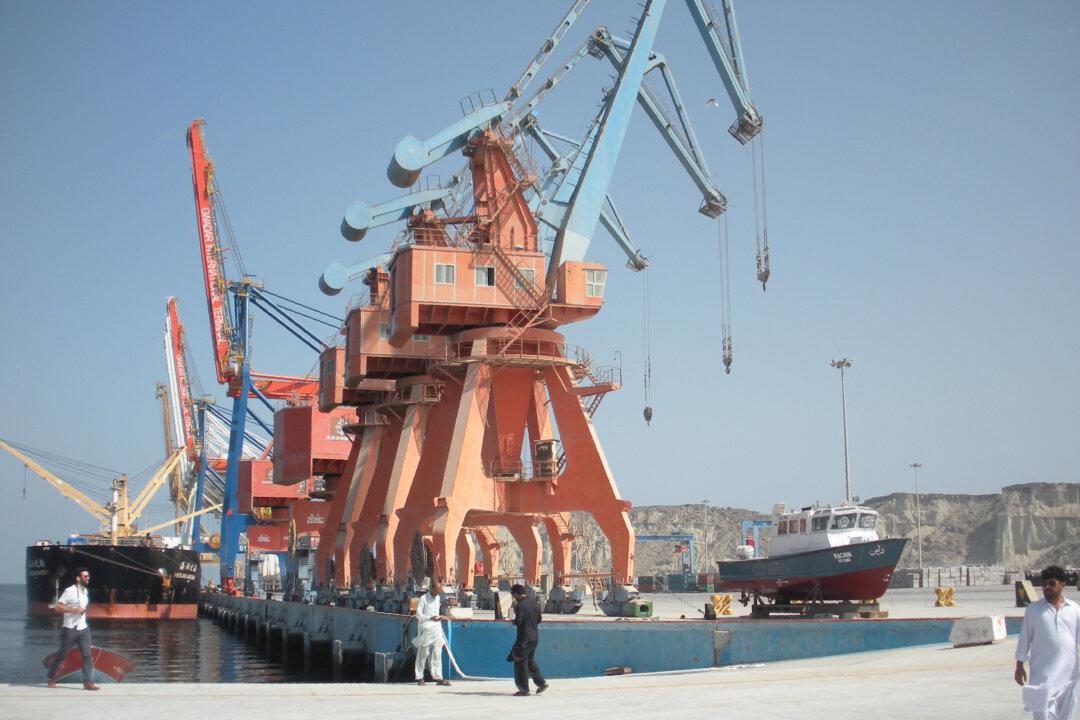Editor’s Note: This letter was submitted by Henri Malosse, a member of the European Economic and Social Committee (EESC), in which he served as president from April 2013 to October 2015.
In April, Beijing announced that 115 governments had signed up to its One Belt, One Road (OBOR, also known as Belt and Road) initiative, following Italy in March (becoming the first G7 nation to do so) and Switzerland, which ratified a memorandum of understanding for cooperation and trade in late April.



